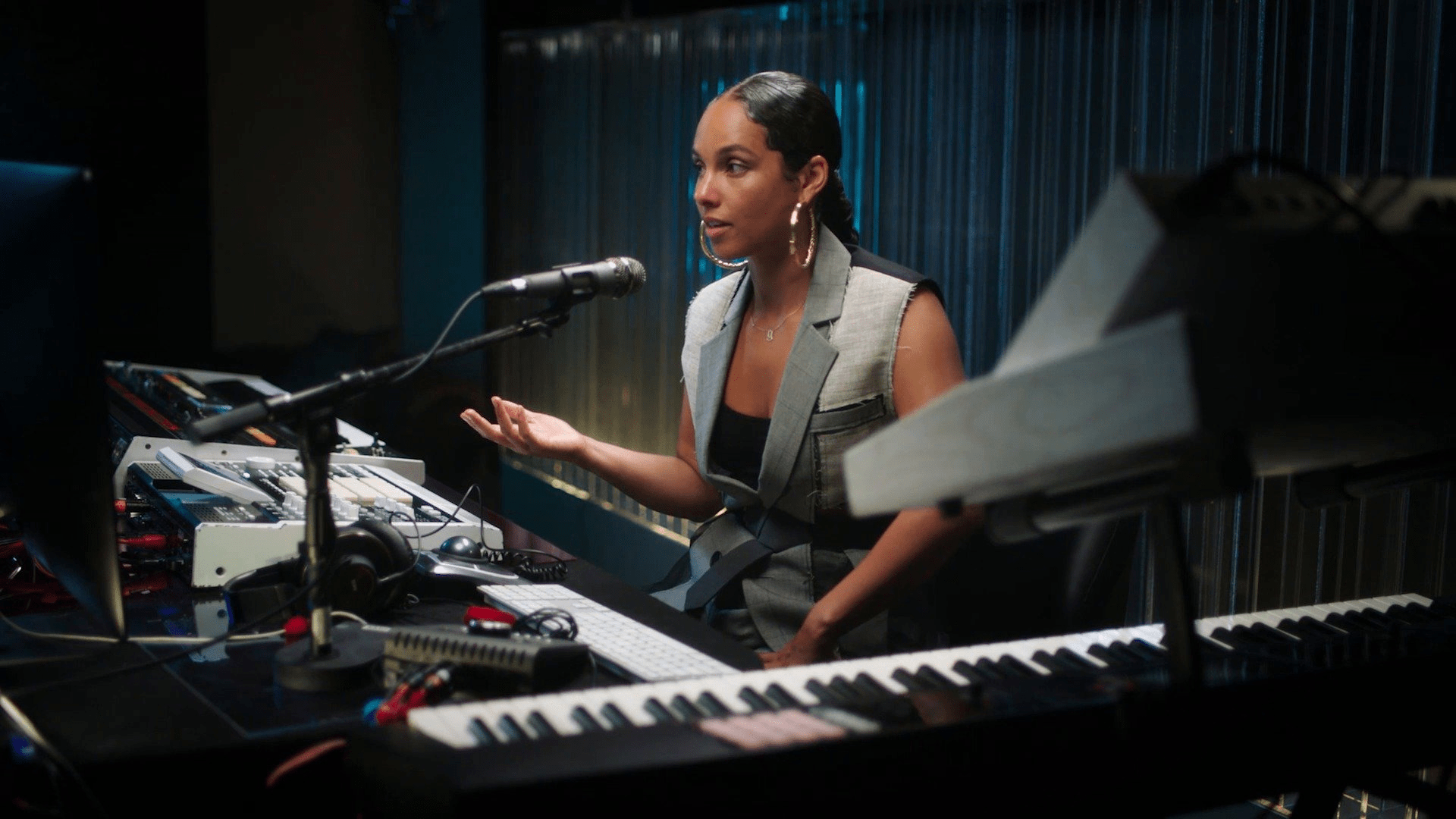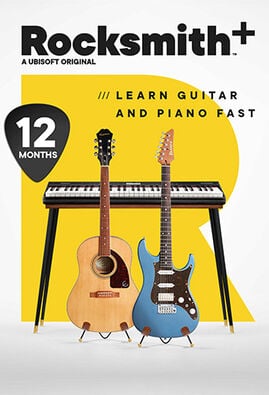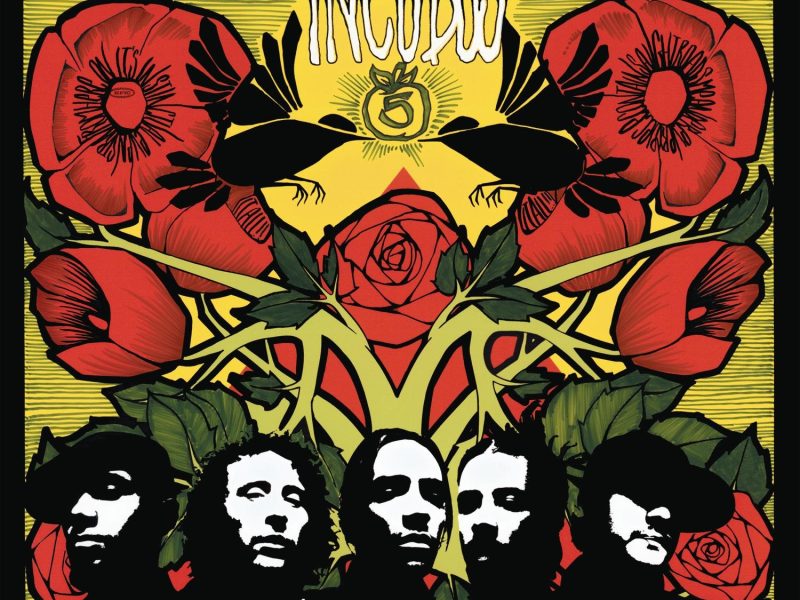Ivory ticklers rejoice! Piano support is finally coming to the Rocksmith franchise at long last.
While this is obviously exciting news for many of us who’ve already dabbled in piano or are wanting to try, it’s also perfectly understandable for it to be a bit confusing for those currently without a digital piano or M.I.D.I. controller of some kind. This buyer’s guide will cover a variety of digital pianos with various numbers of keys, key types, and price ranges. I’ll also provide information based on what we do know of piano implementation in Rocksmith+ and what to possibly expect.
So, how is this going to work with the service? Well, most digital pianos can also act as M.I.D.I. controllers, so it will be as simple as connecting your keyboard to your computer via U.S.B. cable. From there, you will need to “calibrate” your piano so the service knows how many keys it should display on the screen. This will be done by us pressing the lowest and highest keys on the piano as Rocksmith+ can’t natively pull the number of keys from the device itself. That’s it! As for the screen once you’re actually in a song, the service will display a minimum of 24 keys while supporting everything from that up to a full, 88-key piano. For those unable to purchase a full-sized keyboard, Rocksmith+ will have a transcription system that will help transcribe, for instance, a song that utilizes 61 keys for your device’s limited range (e.g., if you only have 49 keys available). The note highway camera will also be adjustable so you can set it static to the song, static to your instrument, or a combination of both. Lastly, we also know that, at launch, there will be no Workshop functionality for creating our own piano arrangements (this is still in development), no microphone mode (also in development), as well as a lack of pitch and modulation wheel support.
- Casio Casiotone CT-S200: $140, 61 keys, non-weighted, will not feel like a piano, the most keys you’ll get this cheap without going into lesser-known brands without many reviews to go off of
- Nektar Impact GXP49: $150, 49 keys, semi-weighted, keyboard controller (not a piano), has additional bells and whistles like modulation/pitch wheels
- Yamaha Piaggero NP-12: $240, 61 keys, unweighted “touch-sensitive” keys
- Alesis Concert: $270, 88 keys, semi-weighted, cheapest 88-key piano
- Yamaha Piaggero NP-32: $350, 76 keys, unweighted “graded soft touch” action (will at least feel better than the NP-12)
- Alesis Recital Pro or Prestige: $380 or $400, weighted hammer action, Prestige will have slightly better keys and speakers than the Recital Pro
- Casio CDP-S350: $450, 88 keys, graded hammer action, generally a lighter action compared to Yamaha and Roland
- Yamaha P-45: $500, 88 keys, graded hammer action, very popular, different action than the P-125 and P-225 (highly recommend to do some reading or, just like guitar, go out and try to find some to play!)
- Roland FP-10: $600, graded hammer action, FP series is known for having a nice heft to its keys
- Casio PX-S1100: $700, 88 keys, graded hammer action, typically the lightest action between Yamaha and Roland, great sounds
- Kawai ES110: $700+, 88 keys, graded hammer action, lighter action than Roland, Kawai makes great pianos, but only try to find this for $800 or less (Kawai seems to have bumped up their prices considerably since the pandemic)
- Yamaha P-125: $700, 88 keys, graded hammer action, noticeable improvement over the P-45, but different style action (“GHC” instead of “GHS”)
- Roland FP-30X: $750, 88 keys, graded hammer action, same great action as the previous FP series
- Yamaha P-225: $750, 88 keys, graded hammer action, better action than the P-125 (will mostly come down to price and if it has any additional features you’d like)



